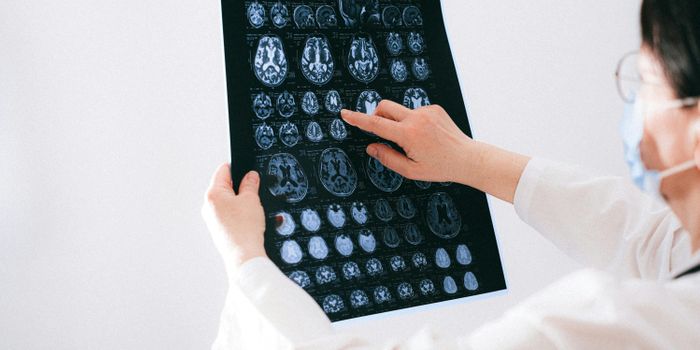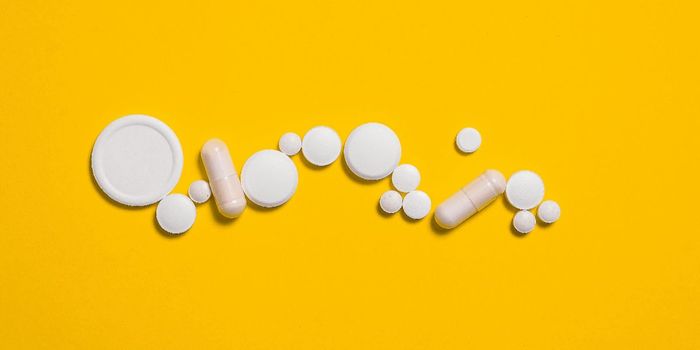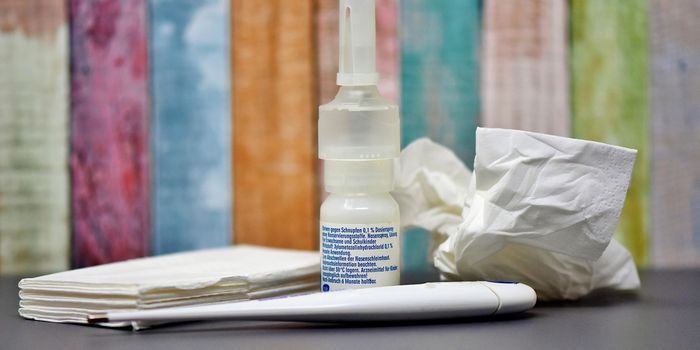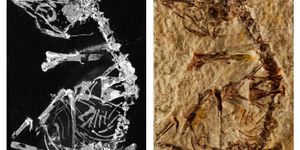First Medication Claimed to Treat Symptoms of Autism Enters Clinical Trial
Autism is a form of mental disorder characterized mainly by the impaired ability to communicate and form social relationships as well as by patterns of repetitive behavior. The most obvious sign of autism appears at around the age of 2 to 4 years old with cases diagnosed at just 18 months.
Autism is a spectrum disorder (or Autism Spectrum Disorder (ASD)) that includes challenges with communication, speech, and behavior. It is a disorder that cannot be pinned to a single factor, and several areas of research have concluded it may be due to a combination of genetics and environment. Thus, not one ASD individual is like the other. “My perspective is that people with autism are different, just like every other human being — unique, one of a kind,” Dr. Roger Jou of the Yale Child Study Center.
With such mystery to the basis of ASD and variations of clinical features, autism remains difficult to find a cure and treatments options are personalized from behavioral therapy to medications. Most of the medications on the current market are developed to decrease behavioral issues such as anxiety, depression, irritability, and mood disorders. But, no such medication currently exists that seeks to treat the main features of autism.
In fact, there exists only two drugs approved by the FDA for autism: risperidone and aripiprazole. However, these recommended medications are also used for the treatment of bipolar disorder and schizophrenia. Their role in autism is to decrease irritability and aggression mainly to maintain safe behavior in some children.
Now, a recently developed drug may be the first medication to treat symptoms of autism and increase the ability of autistic individuals to connect with others. This drug is known as balovaptan which was developed by the pharmaceutical company Roche and is currently being investigated at a nationwide clinical trial. The principal investigator for the clinical study at Yale, Dr. Jou, claims that the “The core symptoms of autism are deficits or challenges with social interaction, communication, restricted interests and repetitive behaviors.” Therefore, with this new clinical drug, balovaptan, it will be able to repair interactive and communicative behaviors in ASD individuals and better the quality of their life. “Everything we do kind of relies on one’s ability to interact with others. So, anything that could help with that could potentially lead to a benefit,” says Dr. Jou.
This clinical trial named the “aViation study”; includes Yale University as a participant along with other nationwide sites. Investigators will administer the drug to autistic individuals seeking to examine if balovaptan holds true in the treatment of social interactions. The aViation study is particularly investigating if balovaptan will treat the known autistic symptoms by acting as a receptor antagonist. The molecular mechanism of balovaptan is believed to stop the receptors in the brain from binding to molecule known vasopressin, V1a. Dr. Jou believes that if this receptor is blocked in an autistic individual then “their social behaviors will improve”. This claim comes from a demonstration in animal studies as well studies on humans, where controlling the levels vasopressin in correlation with a receptor antagonist has improved social behaviors.
Balovaptan was given an accelerated status to enter a clinical trial as well as named a “breakthrough therapy” by the U.S. Food and Drug Administration. Such urgency for balovaptan to be investigated parallels the need to find a treatment for autism.
Sources: New Haven Register, Roche, Autism Speaks











